Castro Last Name Origin, History, and Meaning
Where did the surname Castro come from? What does the surname Castro mean? Discover the history and meaning of the last name Castro and family migration on YourRoots Map.
Surname Castro Origin: What does the last name Castro mean?
The surname Castro is of Portuguese and Galician origin, deriving from the Latin word "castrum," meaning a castle or fortress. This surname is popular in Spanish and Portuguese speaking countries, with an English equivalent of Chester. Records show that the Castro surname first appeared in Spain around the early 12th century, closely associated with the region until the 16th century. It saw notable growth in Portugal during the 14th and 15th centuries. The surname has since spread globally, with significant concentrations in countries like Costa Rica and the United States, indicating its widespread presence over the centuries.
YourRoots data confirms the historical presence of the Castro surname in Spain and Portugal, with notable growth in other countries like Costa Rica. By the 20th century, the surname had gained prominence in the United States and remains prevalent in Costa Rica, Portugal, and Spain. The Castro surname's global reach is evident in diverse regions, reflecting a rich history and heritage that continues to resonate in modern times.
Castro Last Name History: Where did the last name Castro come from?
Origin of Castro Surname: Where does the last name Castro originate from?
According to YourRoots data, the surname Castro first appeared in records from Spain around the early 12th century. Please note that this reflects only YourRoots data for the exact Castro spelling and does not include other record sources or surname variations.
History of the Last Name Castro: What does the Castro surname history look like in the early days?
The Castro surname remained closely associated with Spain in the 12th to 16th centuries, with notable growth in Portugal during the 14th and 15th centuries. YourRoots data also shows Castro family records in countries like Costa Rica, indicating global spread over the centuries.
Global Spread: Where can we find the Castro surname today?
By the 20th century, the volume of records with the Castro surname grew significantly in the United States and Costa Rica. The Castro surname remains prominent in Costa Rica and the United States. It appears in many countries, including Portugal and Spain.
Explore Castro last name heritage and Castro surname origin based on YourRoots Map data
 VIEW THE ORIGIN OF SURNAME CASTRO
VIEW THE ORIGIN OF SURNAME CASTROFamous People With Castro Surame?
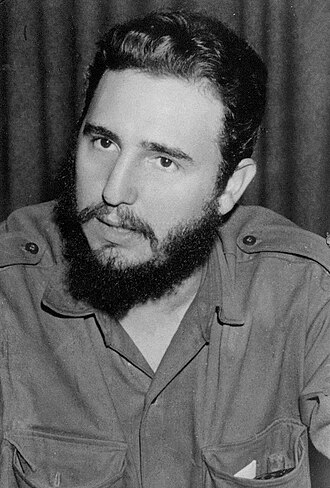
Fidel Castro
Fidel Alejandro Castro Ruz (Aug 13, 1926 – Nov 25, 2016) was a Cuban revolutionary and politician who led Cuba from 1959 to 2008. As the prime minister and later president, Castro established a one-party communist state, nationalized industries, and implemented socialist reforms. He aligned with the Soviet Union during the Cold War, facing off with the U.S. in the Cuban Missile Crisis. A polarizing figure, supporters see him as a socialist champion, while critics label him a dictator responsible for human rights abuses and economic struggles. Castro's leadership shaped Cuban history and global politics for decades.
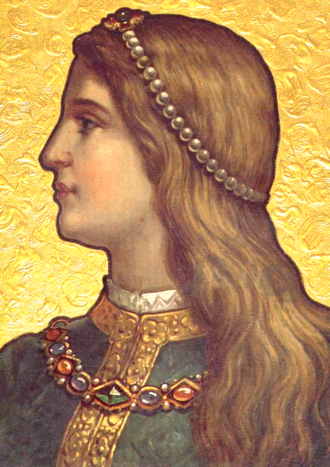
Inês de Castro
Inês de Castro (1325 – 7 Jan 1355) was a Galician noblewoman known for her relationship with King Pedro I of Portugal. Their forbidden love, her murder, and Pedro's revenge have inspired art, music, and poetry. Inês' posthumous coronation by Pedro is a famous legend, though some sources dispute its authenticity. Pedro claimed they secretly married, but this remains unproven. Their tragic story and Inês' burial alongside Pedro at the Monastery of Alcobaça have captured the imagination for centuries.
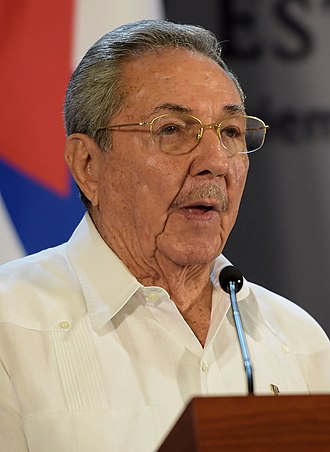
Ra√∫l Castro
Ra√∫l Modesto Castro Ruz (June 3, 1931) is a Cuban retired politician and general who served as the first secretary of the Communist Party of Cuba and President of Cuba, succeeding his brother Fidel Castro. He was a key figure in the Cuban Revolution and held various leadership positions within the Cuban government. Known for his socialist beliefs and involvement in revolutionary activities, Ra√∫l Castro played a significant role in shaping Cuba's political landscape. He retired from his official positions in 2021 but continues to be a prominent figure in Cuban politics.
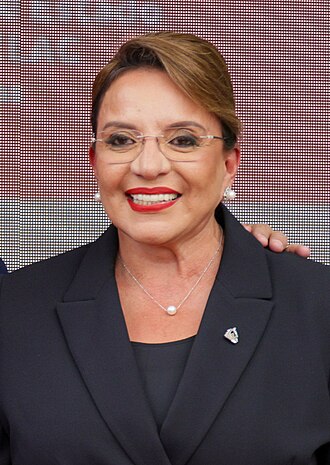
Xiomara Castro
Iris Xiomara Castro Sarmiento (September 30, 1959 - ) is a Honduran politician and businesswoman who made history as the country's first female president in January 2022. Known as Xiomara Castro de Zelaya, she served as first lady during her husband Manuel Zelaya's presidency. Castro played a crucial role in the National Popular Resistance Front after her husband's exile following the 2009 Honduran coup d'état. She ran for president in 2013 and 2017 before winning the 2021 election, breaking the two-party system. Castro's leadership and activism have earned her recognition, ranking as one of "World's 100 most powerful women" by Forbes in 2023.
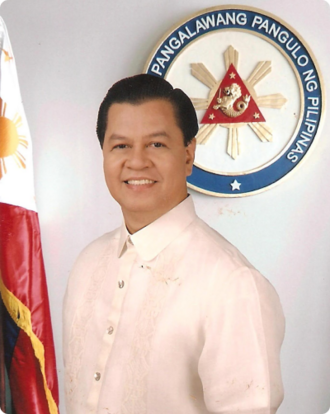
Noli de Castro
Manuel "Noli" Leuterio de Castro Jr. (July 6, 1949 - ) is a prominent Filipino broadcaster, journalist, and politician. Known for his long-spanning career in broadcast media, de Castro served as the 12th Vice President of the Philippines under President Gloria Macapagal Arroyo. He is a well-recognized figure in Philippine journalism, anchoring programs like TV Patrol and Kabayan. De Castro is also known for his support of the Philippine drug war and his critical stance on past and present political figures. With a background in banking and finance, he has been a top senator and has received numerous accolades for his contributions to media and politics.
All images displayed on this page are sourced from Wikipedia or Wikimedia Commons.We use these images under their respective Creative Commons or public domain licenses. Wherever applicable, author attributions and license information are provided. If you believe an image is used incorrectly or outside its license terms, please contact us so that we can review and correct the issue.




.png)